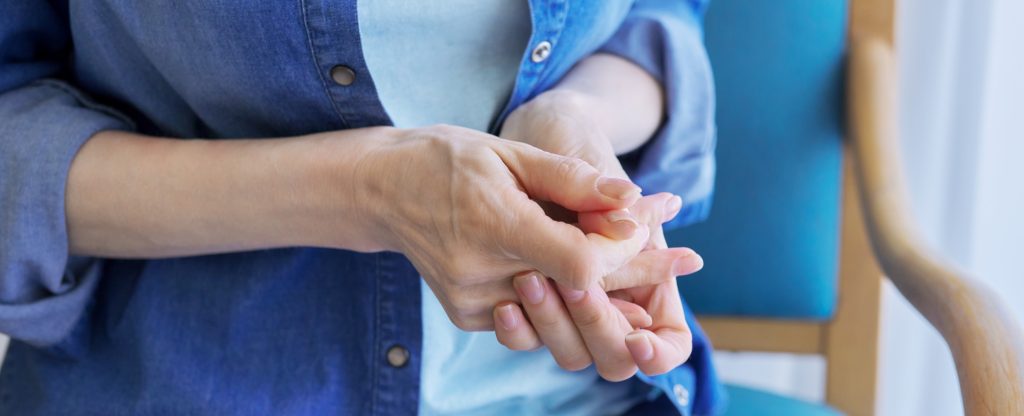Some people are the life of the party and don’t know a stranger. However, some people aren’t as bold in social situations. In the United States, over 12 percent of adults have social anxiety and fear situations where they need to interact with new people.
For many people with social anxiety, it began in their early teens, and it’s equally prevalent in both men and women. Treatment is available for someone struggling with this form of anxiety, and it can be beneficial to their mental health as well as help them become more social.
What is Social Anxiety?
Social anxiety, also known as social phobia, is a mental health condition that left untreated can worsen over time. With this mental health issue, the person experiences extreme anxiety at the thought of interacting with others in a social situation. Their fears are usually unfounded but real to the person.
Everyday events can seem insurmountable to someone with this type of anxiety disorder. They can experience intense fear at the thought of doing tasks such as going to the grocery store or attending a party. The person, who struggles with this anxiety, worries that they might be judged in a social situation, or they may feel that they’ll fail in some way. Embarrassment or the possibility of offending someone can also play a role in a person’s social phobia.
Some mild cases of social anxiety lead the person to avoid some forms of social interaction, while people with more extreme versions won’t enter social situations at all. The positive is that there are helpful and effective treatments available for this mental health condition.
Signs and Symptoms of Social Anxiety
Someone who struggles with social anxiety might think that they’re just extremely shy. Or, if someone has a loved one who may struggle with it, they might not be able to tell the difference.
Here are some signs and symptoms:
- Worry about being humiliated or embarrassed
- Avoiding social situations, activities, or specific people
- Physical symptoms in social situations, such as:
- Nervous stomach
- Muscle tension
- Shortness of breath
- Increased or runaway heartbeat
- Dizziness
- Intense fear of speaking to strangers
- Afraid of offending people
- Avoiding eye contact with people
- Avoiding situations where the person is the center of attention
- Hypercritical of themselves
- Reliving social interactions to find the flaws
Social anxiety leaves the person avoiding many interactions and social situations that are dealt with daily. This can include eating in public, returning something to a store, or going to school. Some people have a specific trigger, and they avoid a single activity, while others have more generalized anxiety and stay away from a variety of events and common social gatherings.
Causes of Social Anxiety Disorder
The exact cause of this anxiety disorder isn’t known. However, some researchers believe that it could be due to the part of the brain that regulates a person’s fear response being heightened due to having an overactive amygdala. Others have argued that it’s a trauma response or a self-esteem issue that develops into social anxiety.
There are certain people who are more prone to social anxiety than others. Someone who is naturally shy might develop social anxiety over time. It’s also possible that someone who struggles with a disability that people easily notice may develop social anxiety.
Anxiety disorders often run in families, and social anxiety can be a response to this. A person’s social anxiety might relate back to a learned response that originates in their parent’s home. In many cases, a person with a social anxiety disorder may struggle with other mental health disorders.
Treatments and Therapies
For someone struggling with social anxiety disorder, there are treatments and therapies available. It’s important when seeking treatment that the person is open and honest with their therapist about what works and what doesn’t. Overcoming social anxiety is possible with the appropriate support and treatment.
Some mental health professionals might recommend a combination of medication and therapy. There are some prescription medications that have proven effective for anxiety disorders. There are also several forms of talk therapy that can help a person struggling, by helping them learn their triggers so they can reform their responses.
Exposure therapy is another option for social anxiety. The person struggling with social anxiety would venture outside of their comfort zone and use the tools they developed in therapy to feel more comfortable. The hope is that repeated exposure to social situations will help the person realize that many of their fears are unfounded.
Benefits of Treatment for Social Anxiety
When a person is considering treatment for social anxiety disorder, it’s a big step, and they need to focus on the benefits to get them to take those steps. Treatment for a social anxiety disorder can help a person gain the confidence and skills to overcome their fear of social situations.
Whether it’s specific social anxiety or generalized, these fears affect the person’s life and limit their ability to function in the world. Treatment can help them venture into social situations with confidence. The success of overcoming small fears once can encourage them to continue treatment.
While not everyone makes the same strides, treatment can help most people learn effective ways to deal with their fears and anxiety.
Treatment for Social Anxiety in Orange County
Social anxiety doesn’t have to overtake a person’s life and leave them unable to go out into public or avoid certain situations. Treatment and recovery can help someone struggling with social anxiety in Orange County reclaim their lives and live a more comfortable, confident lifestyle.
At SoCal Mental Health, we can help a person with social anxiety take the necessary steps to recovery. Our team invests in helping all of our patients with care and compassion, so they can reach their full potential.
Contact us today to learn more about our services and treatment programs.












